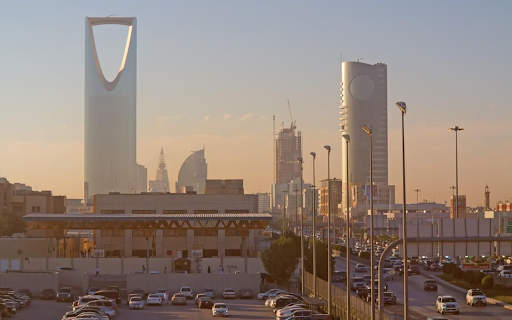Saudi Arabia’s non-oil economy recorded its strongest growth in six months as the Riyad Bank Purchasing Managers’ Index (PMI) rose to 57.8 in September, up from 56.4 in August. The latest reading reflects a solid expansion in business activity and new orders, signaling continued momentum in the Kingdom’s economic diversification efforts under Vision 2030.
A PMI above 50 indicates expansion, while below 50 points to contraction. Saudi Arabia’s score also outperformed regional peers — the UAE at 54.2 and Kuwait at 52.2 — highlighting the Kingdom’s robust private-sector growth.
According to Riyad Bank Chief Economist Naif Al-Ghaith, the rise in new orders was driven by stronger domestic and export demand, particularly from Gulf Cooperation Council (GCC) markets. Firms credited effective marketing campaigns, competitive pricing, and new customer acquisitions for the surge in activity.
Employment also grew steadily as firms hired additional staff to manage increasing workloads and strengthen sales teams. While hiring slowed slightly from August, recruitment levels remained historically high, helping maintain stable backlogs.
Non-oil businesses expressed optimism for the months ahead, supported by expectations of stronger demand and increased client engagement. Although input costs and wage pressures remained elevated, selling prices rose at a slower pace as firms aimed to remain competitive.
Overall, September’s data indicates that Saudi Arabia’s private sector remains resilient, navigating inflationary pressures while benefiting from firm demand and strategic diversification. The PMI findings were based on a survey of 400 private firms across manufacturing, construction, retail, and services.


